Kenya’s Education System Update: Ministry Responds to CBC Concerns and Details New Higher Education Funding Model

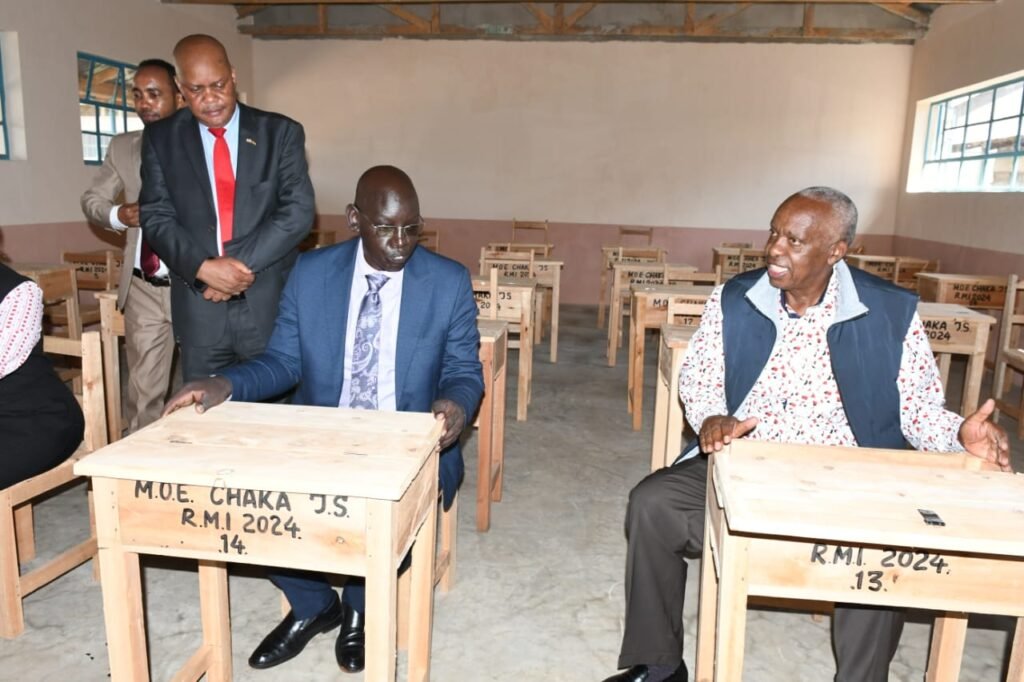
Introduction
The education sector in Kenya is undergoing significant transformation, driven by recent updates from the Ministry of Education. One notable development is the Ministry’s response to concerns regarding the Competency-Based Curriculum (CBC), which has faced scrutiny from various stakeholders, including the Kenya Conference of Catholic Bishops (KCCB). The CBC, aimed at equipping learners with essential competencies and skills, has been a subject of intense debate. In a recent press statement, the Ministry acknowledged these concerns and outlined its commitment to addressing the challenges posed by the curriculum’s implementation.
This proactive approach reflects the Ministry’s recognition of the need for collaboration between educational authorities and public stakeholders to ensure the successful rollout of the CBC. The Ministry’s response emphasizes its dedication to refining the curriculum to meet the educational needs of all Kenyan students and maintain high-quality learning standards. With ongoing discussions and feedback channels established, the Ministry aims to enhance the implementation processes of the CBC and foster a more effective education system.
In addition to addressing CBC concerns, the Ministry also unveiled a new higher education funding model designed to alleviate the financial burden faced by students and educational institutions. This funding model is expected to provide a more equitable distribution of resources and create financial pathways that support students throughout their higher education journey. By prioritizing access to quality education, the Ministry emphasizes its commitment to ensuring that all Kenyans can pursue their educational aspirations without the constraints of financial limitations.
The layered approach of addressing both curriculum implementation and funding clearly reflects the Ministry’s holistic perspective on education’s role in societal development. This dual focus is poised to create an inclusive and supportive educational environment, paving the way for innovative learning and growth across the country.
The Current State of the Competency-Based Curriculum (CBC)
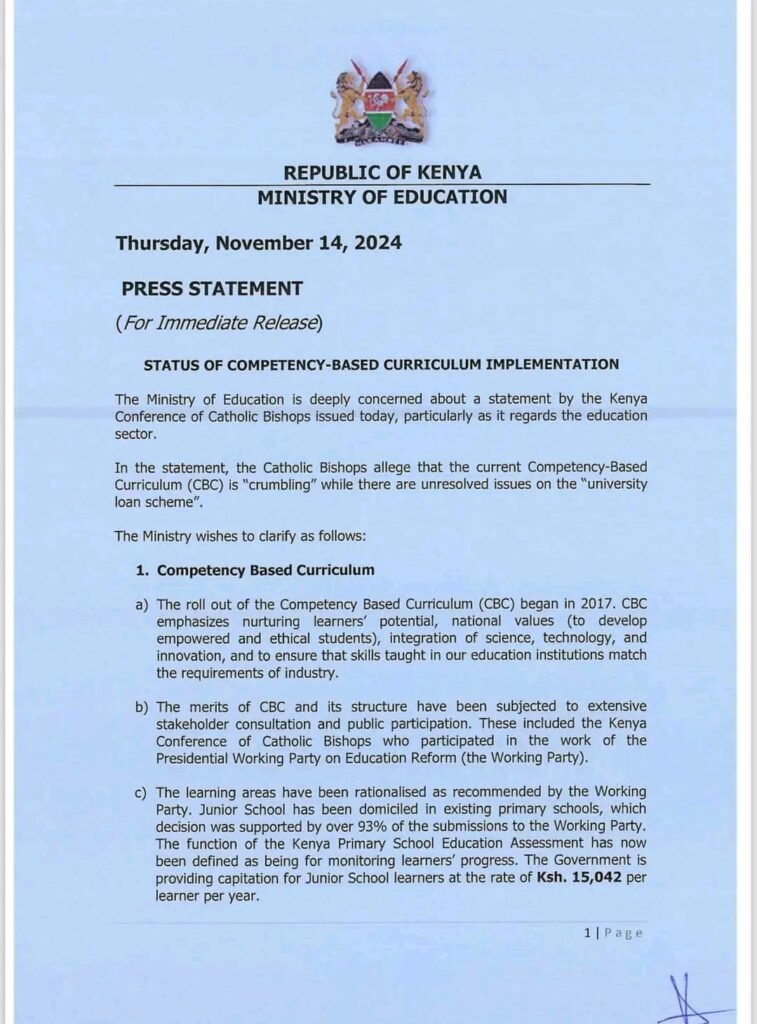

Launched in 2017, the Competency-Based Curriculum (CBC) was developed with the objective of addressing gaps present in the traditional education system. The rationale behind this fundamental shift was to enhance skills that are directly applicable in the job market while also promoting national values among learners. This innovative approach reflects a recognition that the 21st-century job market requires not just academic excellence but also critical thinking, creativity, and socio-emotional skills.
The development of the CBC involved a collaborative effort comprising various stakeholders, including educational authorities, religious organizations, and representatives from civil society. These stakeholders played a pivotal role in ensuring the curriculum aligned with societal needs and expectations. Their involvement helped to foster a sense of ownership and acceptance among parents, teachers, and students. The inclusive nature of the consultation process aimed to address concerns surrounding the transition from the traditional curriculum to a competency-based framework.
One of the notable features of the CBC is its focus on practical learning experiences. Students are encouraged to engage in projects and activities that cultivate essential life skills, ultimately preparing them for future challenges in the workforce. This approach not only aims to develop competence but also empowers students to act as responsible citizens, embodying the national values endorsed by the framework.
Furthermore, there has been significant support for the establishment of junior secondary schools within existing primary school infrastructure. This proposition is viewed as a strategic measure to ensure a seamless transition for learners, minimizing disruptions in their educational journey. Such integration is expected to optimize resources and provide a conducive learning environment where young students can thrive as they progress through their educational trajectory under the CBC.
Ongoing and Planned CBC Developments
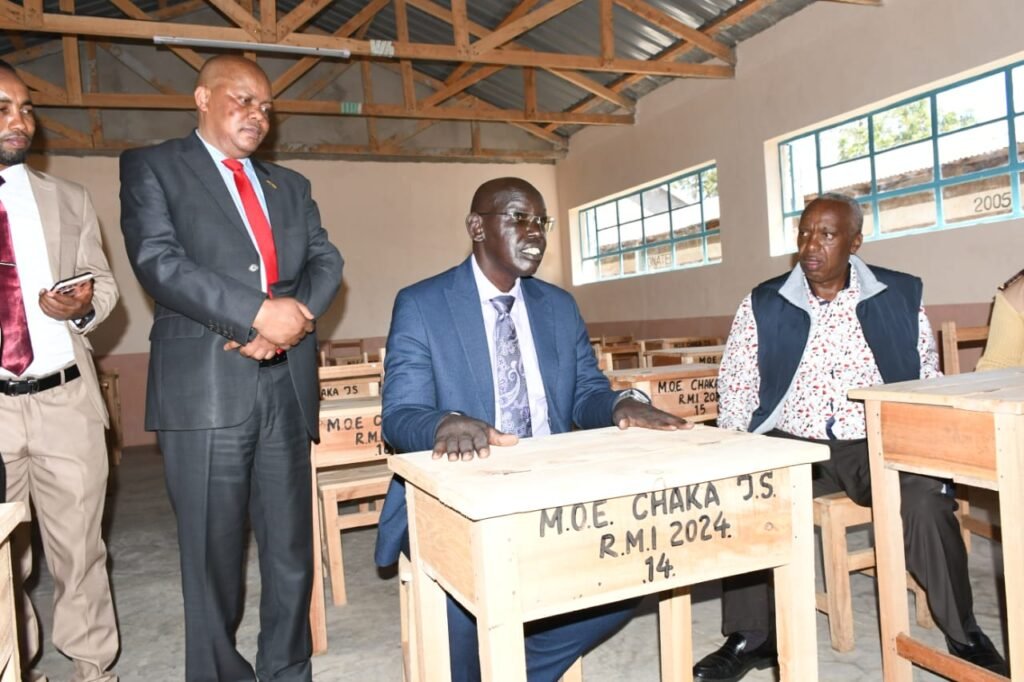
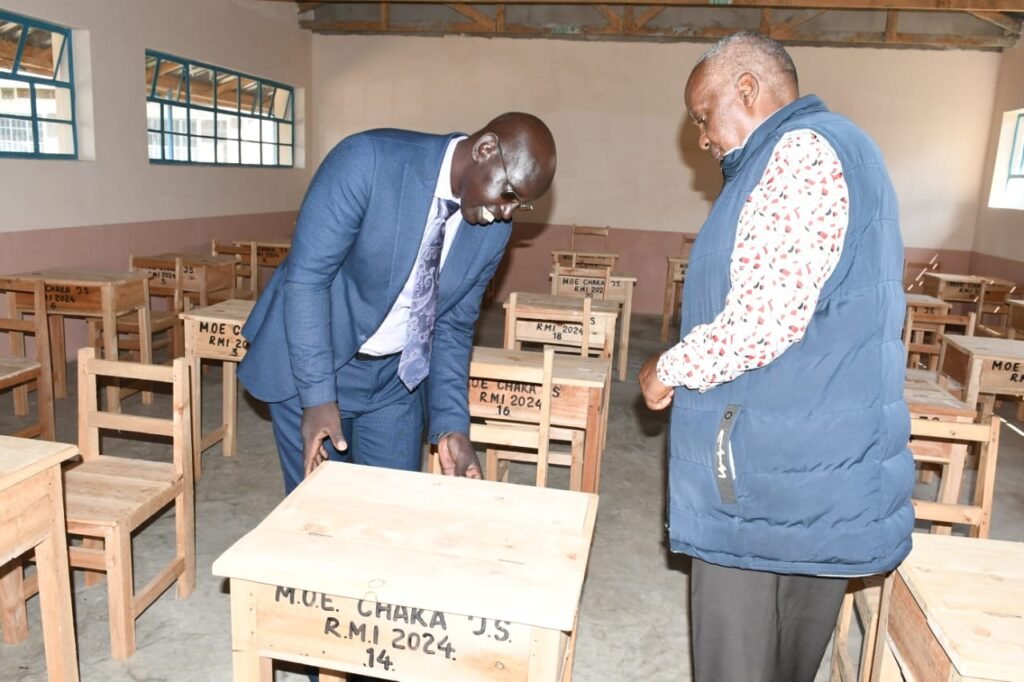
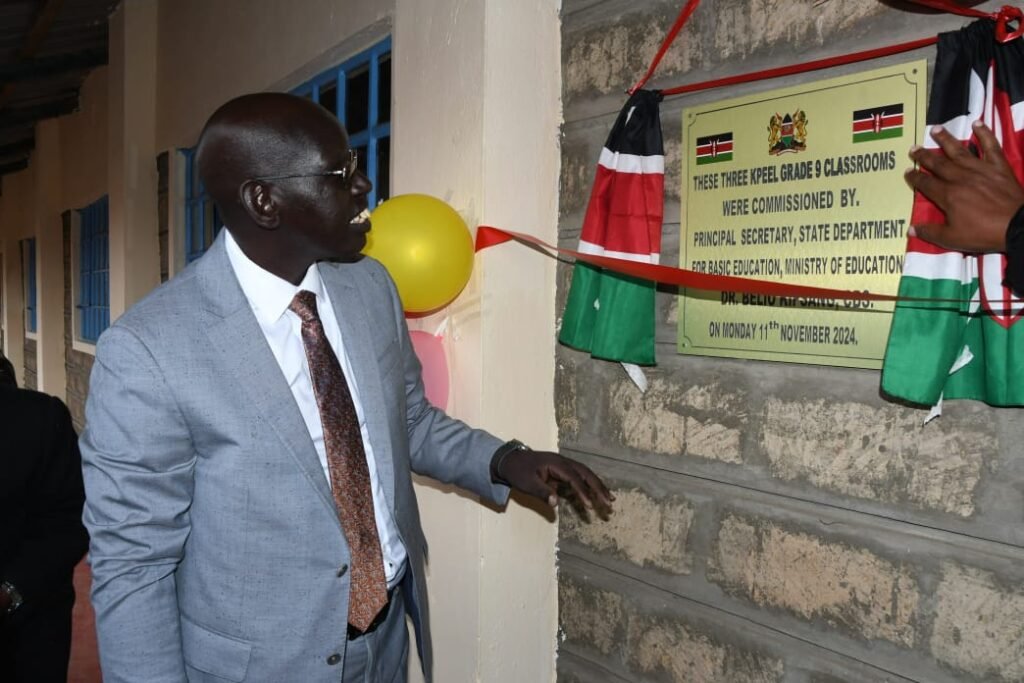
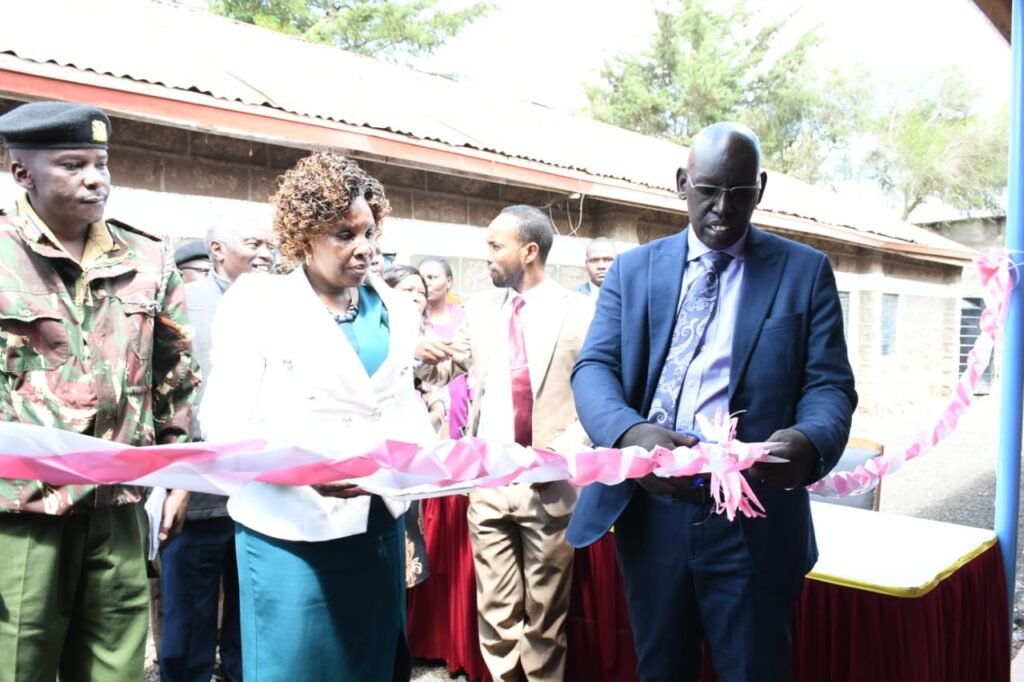
The Competency-Based Curriculum (CBC) continues to evolve within Kenya’s educational framework, with significant preparations underway for the introduction of Grade 9. One of the key components of this phase is the rollout of textbooks necessary for effective learning. The government has committed to ensuring that these resources are available to all students by the time they commence their studies in this new grade level. This effort reflects a thorough understanding of the importance of adequate learning materials in fostering academic performance and engagement.
In conjunction with the educational resources, construction plans for additional classrooms are also in motion, with a target completion date set for December 2024. This infrastructural development is pivotal for accommodating the increased number of learners brought about by the transition to Grade 9. An allocation of Ksh. 18.6 billion has been earmarked for this infrastructural investment, demonstrating the government’s commitment to enhancing educational facilities across the nation. Improved learning environments are expected to significantly contribute to the effective delivery of the CBC.
Moreover, the Ministry has recently undertaken initiatives to bolster the teaching workforce in light of the expanding educational demands. This includes hiring additional teachers and transitioning interns into permanent roles within schools. Such measures aim to ensure that there are sufficient qualified educators to support the implementation of the CBC, addressing the concerns raised about teacher shortages in some regions. Despite criticisms regarding its effectiveness, the government maintains a positive stance on the CBC, focusing on measured improvements and sustained investments in education to facilitate a smoother transition for students and educators alike.
Higher Education Funding Model: Key Points
In 2023, the Kenyan government unveiled a new higher education funding model aimed at alleviating the financial pressures faced by university students and educational institutions. This initiative is particularly significant considering the rising costs of higher education, which have made it increasingly difficult for many students to access the necessary resources for academic success. The funding model includes a robust allocation of Ksh. 41 billion, specifically designated for scholarships that will be distributed based on demonstrated need. This financial support seeks to empower deserving students who might otherwise face barriers to pursuing their education.
The introduction of this funding model is a strategic move to ensure that no capable student is denied the opportunity of higher learning due to economic constraints. By prioritizing scholarships, the Ministry of Education aims to create a more equitable education system where financial status does not dictate educational attainment. Additionally, the model envisions establishing partnerships with various stakeholders, including the private sector and international organizations, to further bolster funding opportunities.
Another critical aspect of the new funding model addresses the substantial Ksh. 70 billion debt owed by students to universities. The Ministry is implementing measures to manage this debt effectively, including creating flexible repayment plans and offering financial counseling services to students. The goal is to relieve financial burdens that hinder students’ educational journeys while simultaneously ensuring that institutions can maintain their financial stability.
Ultimately, this new higher education funding model represents a holistic approach to fostering an accessible and sustainable education landscape in Kenya. The anticipated effects include improved enrollment rates, enhanced academic performance, and a strengthened overall higher education framework that is responsive to the needs of students.
The Ministry’s Appeal to the Catholic Clergy

The role of religious stakeholders within the Kenyan education system is pivotal, especially in addressing the recent concerns surrounding the Competency-Based Curriculum (CBC). The Ministry of Education has reached out to the Catholic clergy, highlighting the significance of their involvement in fostering public confidence in the system that currently serves over 11 million learners. Religious leaders not only play a role in providing moral guidance but also have the potential to influence public perceptions and attitudes towards education.
The Ministry’s appeal underscores the importance of collective responsibility in enhancing educational outcomes. By actively supporting the implementation of the CBC, the Catholic clergy can help reassure parents and communities about the effectiveness of the new curriculum. It is essential that the clergy encourage families to embrace the changes that come with the CBC and help dispel any misconceptions or fears that may hinder its success. Through sermons, community meetings, and educational programs, clergy members can advocate for the benefits of the new curriculum, emphasizing its goal of producing well-rounded learners equipped with critical life skills.
Moreover, the clergy’s endorsement can serve to bridge gaps between the church and educational institutions, fostering collaboration that can lead to innovative solutions and support for schools facing challenges. This partnership can result in enhanced community engagement and resource mobilization, which are crucial for the sustained growth of the education system. The Ministry acknowledges that religious leaders possess the unique ability to influence their congregations positively, making their support invaluable in the quest for educational improvement.
In summary, the Ministry’s appeal to the Catholic clergy reflects a broader initiative to unite various stakeholders in enhancing Kenya’s education system. By fostering a supportive environment and encouraging collaboration, the clergy can play a vital role in ensuring that the CBC achieves its intended goals for the benefit of all learners.
Conclusion
The commitment of the Ministry of Education in Kenya towards advancing both basic and higher education is evident through their proactive approach in addressing concerns surrounding the Competency-Based Curriculum (CBC) and the introduction of a new funding model for higher education. These initiatives not only aim to enhance educational outcomes but also to ensure that the resources are utilized effectively to benefit a diverse student population. The government acknowledges the challenges faced by learners, educators, and institutions, and is taking significant steps to foster an environment that supports educational excellence.
It is imperative for all stakeholders, including parents, teachers, educational organizations, and government bodies, to collaborate in this endeavor. By working together, they can contribute valuable insights and resources that are necessary for the successful implementation of reforms. Engagement between these parties is vital in creating a cohesive strategy that aligns educational practices with the needs of Kenya’s evolving economy and society.
Furthermore, the Ministry encourages continuous feedback from the community to refine strategies and ensure that the education system remains responsive and relevant. Efforts to involve local communities, enhance infrastructure, and provide adequate training for educators will be pivotal in this transformation. As we embrace these changes, it is crucial to remain focused on fostering an inclusive and quality education system that prepares learners for future challenges. Together, all stakeholders must act decisively to uplift Kenya’s educational framework, ultimately leading to improved outcomes for all students across the nation.




